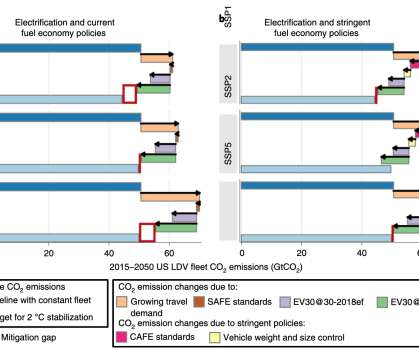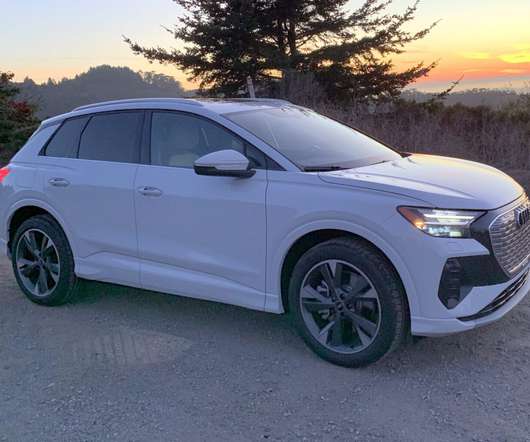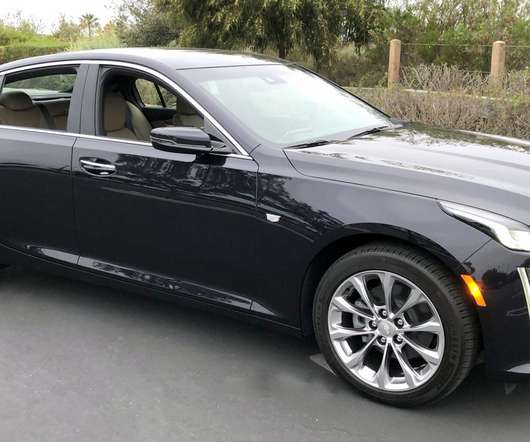EIA projects decline in transportation sector energy consumption through 2037 despite increase in VMT, followed by increase
Green Car Congress
JANUARY 28, 2019
For the Transportation sector, EIA projects that energy consumption will decline between 2019 and 2037 (in the Reference case) because increases in fuel economy more than offset growth in vehicle miles traveled (VMT). This growth arises from increases in air transportation outpacing increases in aircraft fuel efficiency.























Let's personalize your content